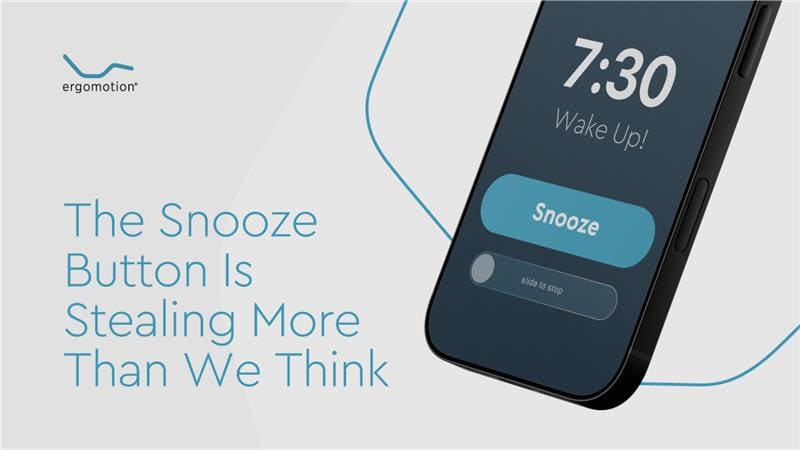We all know about the importance of sleeping for our well-being. But why is it really important? Why is it crucial for any human being to sleep and why is it a survival matter in the first place? We will dig into this subject in this article and understand why this answer is related to the jet lag effect.
"We sleep because we need to rest", you may argue...
Sure, but why exactly? Some other biologic mechanisms other than sleep could have provided the same needed rest in any other way. Continue reading to understand what makes sleep so special, starting by analyzing the jet lag effect.
The Origin of Sleep
We were born with an internal twenty-four-hour clock within our brain. That same clock is responsible for creating a cycle and a day-night rhythm that makes us feel tired or alert. In addition, there’s a chemical substance that creates sleep pressure.
This is how it works: the longer we are awake, the higher is the pressure it creates, and the sleepier we feel. There should be a balance between these two - the signal that comes from our internal clock + chemical substance - for you to sleep and to know when to be alert and when to be resting.
There is a powerful force (and it has nothing to do with Darth Vader) that dictates when we are alert and when we could use some rest. It’s called our circadian rhythm. We could also introduce it as the manager of our twenty-four-hour rhythm. Not only ours, as this rhythm is also observed on animals and even plants. It’s a natural cycle that controls sleeping (and awake time) but also the time for eating, drinking, emotions, body temperature, and much more.
And what commands this powerful source? Daylight is the most common answer. However, different scientific experiments had proven other ways.
The biological clock with a weird name
A living organism (as our own) can keep its own time pace and self-generate a twenty-four-hour rhythm, regardless of the existence of sunlight or any signals from the outside world.
Without any external clues, it’s proven (read more about Kleitman and Richardson's experience in 1938) that, even if we would live in the dark for our entire life, our biological rhythm sets a circadian of approximately one day. It can be up to twenty-eight hours in length, meaning that our innate biological rhythm is not precisely twenty-four-hour or, in order words, not precisely one day.
However, we do live with sunlight and it’s indeed the most powerful manipulator of our internal clock being it the most reliable and repeating signal we have in our environment. That’s why our brain uses daylight for a resetting purpose.
As Matthew Walker explains in his brilliant book Why We Sleep, the twenty-four-hour clock that is in the brain has a fancy (and difficult to pronounce) name - suprachiasmatic. “It’s located on a crossing point: that of the optic nerves coming from the eyeballs. For this reason, it samples the light signal being sent by each eye along the optic nerves as they head toward the back of the brain for visual processing. Thus, the suprachiasmatic nucleus uses this reliable light information to rest its inherent time inaccuracy to crisp twenty-four-hour-cycle.”
Despite being a scientific explanation, with scientific terms, it’s understandable the connection between the light that comes into our eyes, the information that it gives to the brain, and the subsequent info that the brain gives to the rest of our body.
It is now easier to understand the main cause for jet lagging: our natural circadian rhythm is affected and when in a significantly different time zone, the difference in daylight plays an important role.
5 Tips to Minimize Jet Lag Effects:
- Simulate darkness (of your original time zone) by covering your eyes with an eye pillow or sleep band.
- Reset your body clock before your trip, trying to gradually shift your morning alarm, mealtimes, and bedtime closer to your destination time.
- Consider melatonin and discuss it with your doctor.
- Stay hydrated and eat well. Answer your body needs.
- Get yourself as comfortable as possible when it is time to sleep (if you have an Ergomotion® bed at your disposal, this one is not an issue).
It can be a challenge to fight jet lag but it’s not impossible and the important thing is to make sure it affects you the least possible.
You want to avoid an unnecessary start of a sleep disorder for all the bad reasons we already pointed out in our previous article on that topic. Have a great sleep!
Elevate your business with Ergomotion®.



